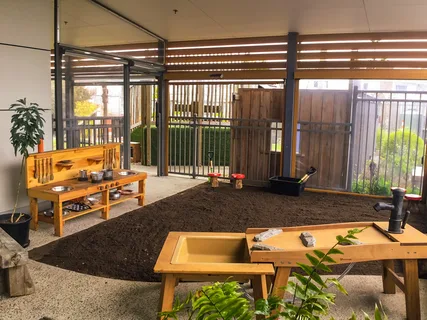In recent years, there has been a growing trend among Auckland kindergarten to adopt nature-based learning as a core part of their educational approach. This shift reflects a broader understanding of the benefits that outdoor and nature-focused experiences bring to young children’s development. But why exactly are Auckland kindergartens embracing nature-based learning, and what advantages does it offer for the next generation?
The Rise of Nature-Based Learning in Early Childhood Education
Nature-based learning involves integrating outdoor environments and natural elements into the curriculum. It moves beyond traditional classroom settings to allow children to explore, discover, and interact with nature as a fundamental part of their learning journey. For Auckland kindergartens, this approach aligns with both local cultural values and global educational trends emphasizing holistic development.
Benefits of Nature-Based Learning for Children
One of the main reasons why Auckland kindergartens are embracing nature-based learning is the array of benefits it offers. Studies show that children who spend more time in natural settings develop stronger physical health, better emotional resilience, and enhanced creativity. Outdoor learning also encourages problem-solving skills and social interaction, fostering teamwork and communication among peers.
Connection to Māori Culture and Environmental Awareness
Auckland kindergartens, in particular, are drawing on New Zealand’s rich Māori heritage, which places strong emphasis on the relationship between people and the natural world. Nature-based learning supports this cultural connection by promoting respect and care for the environment. This approach also helps children develop an early awareness of sustainability and conservation, important values for future generations.
Practical Implementation in Auckland Kindergartens
Implementing nature-based learning doesn’t mean abandoning all indoor activities but rather creating a balanced environment where outdoor experiences are prioritized. Many Auckland kindergartens have designed their spaces with natural playgrounds, gardens, and access to parks. Educators are trained to incorporate nature themes into daily lessons, encouraging children to explore plants, animals, and weather patterns hands-on.
Conclusion
The question of why Auckland kindergartens are embracing nature-based learning can be answered by recognizing the multifaceted benefits it provides. From enhancing children’s physical and emotional wellbeing to fostering cultural identity and environmental stewardship, this approach is shaping a more engaging and meaningful early childhood education experience. As this movement grows, more kindergartens across Auckland are likely to follow, creating a future generation deeply connected with the natural world.

